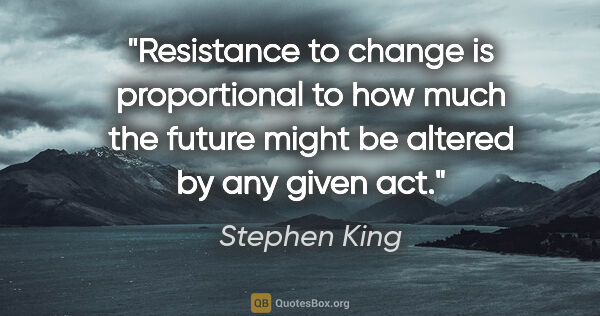Might Quotes (page 96)
I like walking heavy on these disease-ridden streets. I like walking the streets knowing that underneath my jacket is the perfect solution to any dilemma I might encounter. I look at people differently. I meet their gaze until they look away. I like taking my gun for walks. I do not believe in hope. I do not believe that people are going to someday get it together and live in peace and harmony. I don't have time for political correctness. I'm not going to try to talk my way out of a bad...
Henry Rollins

So far as we feel sympathy, we feel we are not accomplices to what caused the suffering. Our sympathy proclaims our innocence as well as our impotence. To that extent, it can be (for all our good intentions) an impertinent- if not inappropriate- response. To set aside the sympathy we extend to others beset by war and murderous politics for a reflection on how our privileges are located on the same map as their suffering, and may- in ways we might prefer not to imagine- be linked to their...
Susan Sontag
What did I feel? Appalled. Astonished. Bewildered. I thought I was doing so well. I thought I was charming the hell out of him. I thought I had him eating out of my hand. Well: I thought I was getting away with it. I might have known. There is always a catch. But suddenly I felt very very young, like a child. Suddenly I wanted to run to - God knows whom, maybe God Himself - why is there never a face I can put to whom I want to run? - and cry, 'But I thought he liked me. All I want...
Elaine Dundy
That’s what the gods are! An answer that will do! Because there’s food to be caught and babies to be born and life to be lived and so there is no time for big, complicated, and worrying answers! Please give us a simple answer, so that we don’t have to think, because if we think, we might find answers that don’t fit the way we want the world to be.
Terry Prachett
Since all is plenum, all matter is connected and all movement in the plenum produces some effect on the distant bodies, in proportion to the distance. Hence every body is affected not only by those with which is in contact, and thus feels in some way everything that happens to them; but through them it also feels those that touch the ones with which it is in immediate contact. Hence it follows that the communication extends over any distance whatever. Consequently, every body experiences...
Paul Auster
The Moral Law isn't any one instinct or any set of instincts: it is something which makes a kind of tune (the tune we call goodness or right conduct) by directing the instincts. (...) The most dangerous thing you can do is to take any one impulse of your own nature and set it up as the thing you ought to follow at all costs. There's not one of them which won't make us into devils if we set it up as an absolute guide. You might think love of humanity in general was safe, but it isn't. If you...
C. S. Lewis
I quizzed him a lot on this point and i suspect the truth was that it was like a lot of things at that age: you don't have any clear reason, you just do it. You do it because you think it might get a laugh, or because you want to see if it'll cause a stir. And when you're asked to explain afterwards, it doesn't seem to make any sense.
Kazuo Ishiguro
...Mr. Wegg sits down on a box in front of the fire, and inhales a warm and comfortable smell which is not the smell of the shop. 'For that,' Mr. Wegg inwardly decides, as he takes a corrective sniff or two, 'is musty, leathery, feathery, cellary, gluey, gummy, and,' with another sniff, 'as it might be, strong of old pairs of bellows.
Charles Dickens
You might think that after all the shameful capitulations made by the government during the ups and downs of their negotiations with the maphia ... they could sink no lower. Alas, when one advances blindly across the boggy ground of realpolitik, when pragmatism takes up the baton and conducts the orchestra, ignoring what is written in the score, you can be pretty sure that, as the imperative logic of dishonor will show, there are still, after all, a few more steps to descend.
Jose Saramago
What a wonderful song, she thought-everything was wonderful tonight, most of all this romantic scene in the den with their hands clinging and the inevitable looming charmingly close. The future vista of her life seemed an unending succession of scenes like this: under moonlight and pale starlight, and in the backs of warm limousines and in low cosy roadsters stopped under sheltering trees-only the boy might change, and this one was so nice.
F. Scott Fitzgerald
